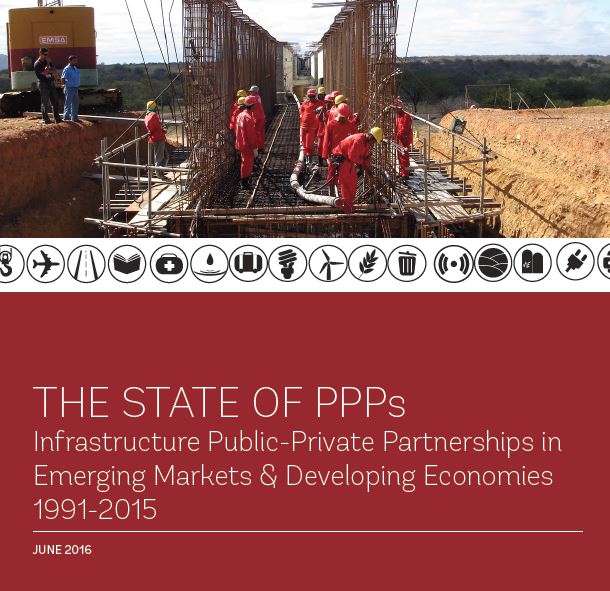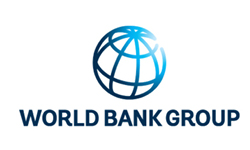1021 results found
Featured results



More results
Mr Chris Heathcote, Chief Executive Officer of the Global Infrastructure Hub (GI Hub), and Mr Norman TL Chan, Chief Executive of the Hong Kong Monetary Authority (HKMA), signed a Memorandum of Understanding (MoU) today (4 July 2016) with respect to establishing a strategic framework of co-operation to facilitate the financing of infrastructure projects.
This paper—through a comparative analysis of data from Wuhan and Amsterdam—explores the reasons why the two countries have gone in different directions

The purpose of the present publication, Towards better infrastructure products: a survey of investor s perceptions and expectations of infrastructure investment , is to conduct the first in-depth study of the perceived role by infrastructure assets for investors.

We are pleased to share the findings of an infrastructure investment study, released today by the Global Infrastructure Hub (GI Hub) and EDHEC Infrastructure Institute-Singapore (EDHECinfra). The global study, which looked to identify investor expectations for the sector, found that investors have an increasing appetite for infrastructure including in emerging markets, with the number of investors looking for exposure to emerging markets set to more than double over the next 3-5 years.
GI Hub CEO Chris Heathcote appeared at the Asian Infrastructure Investment Bank’s (AIIB) first annual meeting on June 25-26. Mr Heathcote appeared on a panel discussing ‘Infrastructure and Global Economic Growth’.
The PFRAM, developed by the IMF and the World Bank, is an analytical tool to assess the potential fiscal costs and risks arising from PPP projects.


This report uses data from the PPI Database to analyze broad trends of PPP investment in infrastructure from 1991 to 2015.


The main objectives of this report are to share information within the World Bank and with its partners and client countries about the World Bank's activities to support open data efforts.

The Infrastructure Prioritization Framework is a multi-criteria decision support tool that considers project outcomes along two dimensions, social-environmental and financial-economic to inform project selection.

The MDBs’ Joint Declaration of Aspirations on Actions to Support Infrastructure Investment is a tool developed to ensure that MDBs work together to scale up infrastructure investment and attract private sector investment.


This publication discusses financial viability support in the global landscape of infrastructure finance.


UN ESCAP supports governments in Asia-Pacific in implementing measures to efficiently involve the private sector in infrastructure development.




The procurement guidelines were introduced in April 2015 by ADB. The purpose of these Guidelines is to inform those carrying out a project that is financed in whole or in part by a loan from the Asian Development Bank (ADB), ADB-financed grant, or ADB-administered funds.







 Chinese
Chinese






